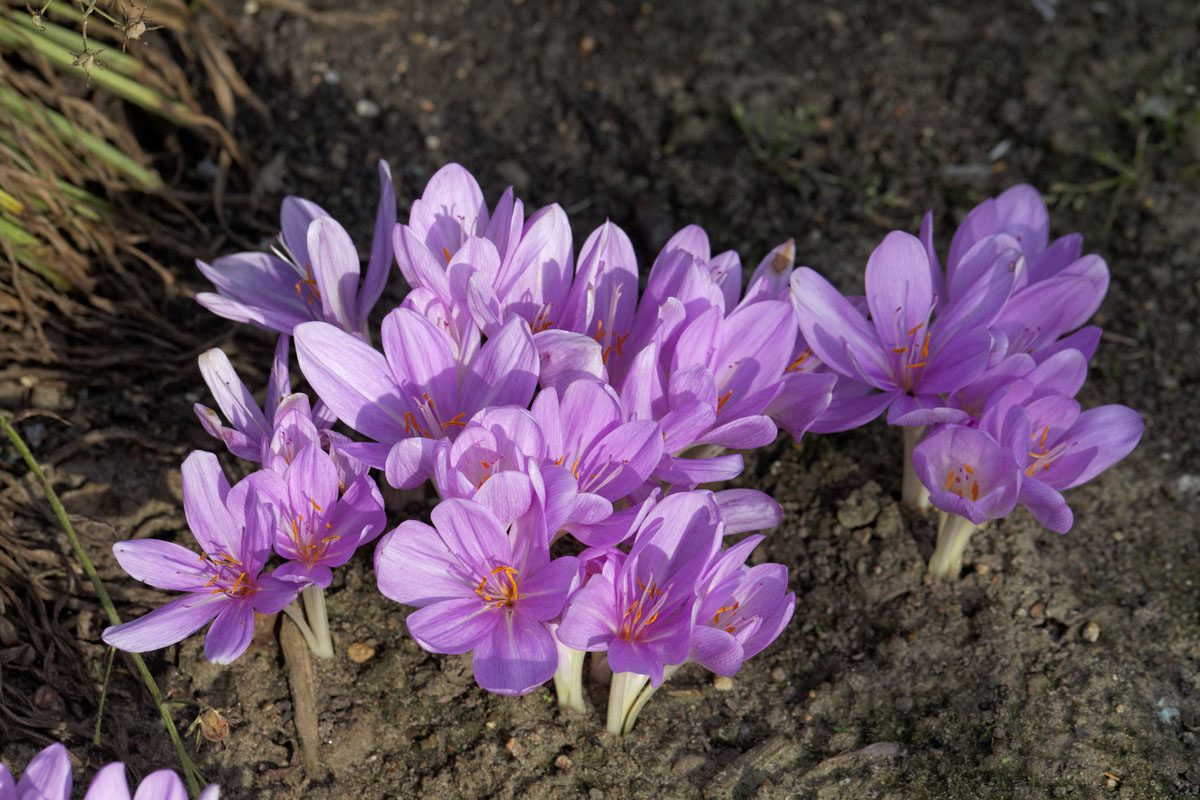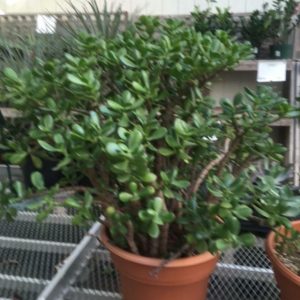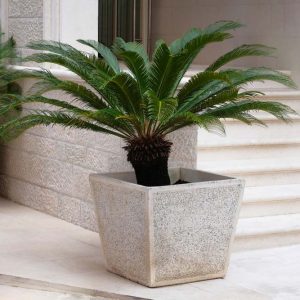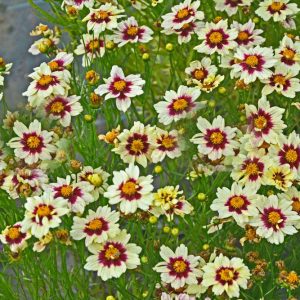Description
Colchicum – Autumn Crocus – Meadow Saffron –
There are about 45 species of cormous perennials, in this genus. They occur from alpine and subalpine meadows and stony hillsides in Europe, Northern Africa, Western and Central Asia, Northern India, and Western China with the greatest concentration in Turkey and the Balkans. The basal, linear, strap shaped, lance shaped, or elliptic-ovate leaves, often ribbed or pleated, develop with or after the flowers. Conspicuous, usually small, goblet shaped or narrowly funnel shaped, crocus like but with 6 stamens, are sometimes fragrant flowers, with perianth tubes ½-3″ long, are borne in autumn, or spring. Many large flowered colchicums, with attractively checkered flowers, bloom in autumn, usually long before the large leaves, which emerge in early spring and persist until summer.
Grow large leaves species among deciduous shrubs, or may by naturalized in grass or among groundcover. The smaller species are suitable for a rock garden, scree bed, raised bed or trough. All parts are highly toxic if ingested and, if in contact with skin, may cause irritation
Plant 4″ deep in summer to early autumn in well drained soil in full sun or part shade. Apply a low nitrogen fertilizer at the beginning of the growing season, avoiding the foliage and flowers, keep completely dry when dormant.
Prone to gray mold, and slugs.
C. byzantinum – C. autumnale ‘Major’ – This vigorous, cormous perennial, probably a hybrid of C. cilicicum grows 5″ tall. It produces erect, strongly ribbed, elliptic or lance shaped leaves, to 12″ long and 4″ wide. In early autumn it bears up to 20 open funnel shaped, pale lilac flowers, with white centers, and with tepals 2″ long.
Zones 5-9





